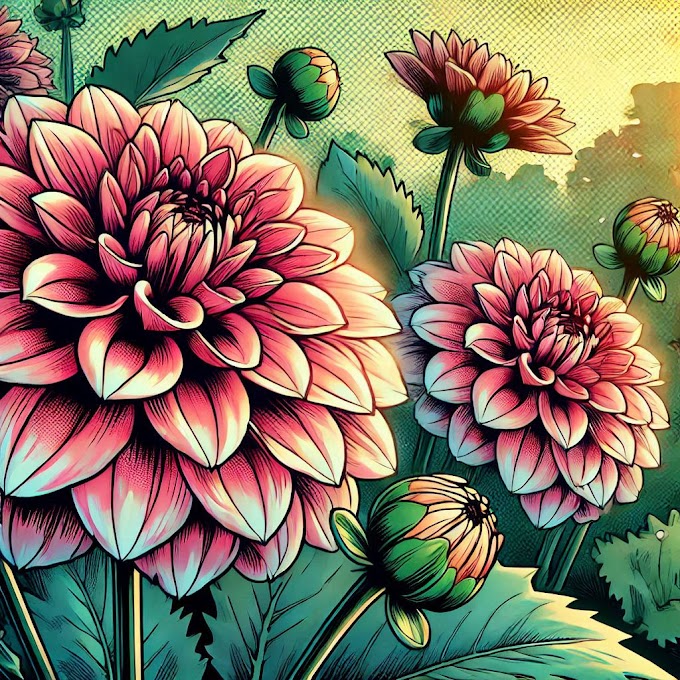How to Grow Onions: From Seeds to Sets
Onions are the backbone of the kitchen garden. They flavor soups, stews, and just about everything savory. The good news is onions are hardy, versatile, and happy to grow in small garden beds or even raised containers. Whether you’re starting from seed, planting sets, or experimenting with both, this guide will walk you through everything you need to know.
Understanding Onion Types
Before you plant, you need to know which onion works for your region.
- Short-Day Onions: Best for southern gardeners in Zones 7–10. They need 10–12 hours of daylight to form bulbs.
- Long-Day Onions: Best for northern gardeners in Zones 4–6. They need 14–16 hours of daylight to form bulbs.
- Intermediate-Day Onions: Perfect for the middle zones, they adapt to moderate daylight lengths.
Choosing the right onion type ensures you get fat, healthy bulbs instead of stunted little disappointments.
Growing Onions from Seeds
Growing from seed takes patience but gives you the widest variety and healthiest plants.
- When to Start: Start onion seeds indoors 8–10 weeks before your last frost date.
- Containers & Soil: Use flats or cell trays with a well-draining seed-starting mix.
- Planting Depth: Sow seeds ¼ inch deep, lightly covering with soil.
- Light & Warmth: Place under grow lights or in a sunny window. Keep soil temps around 65–75°F.
- Thin Seedlings: When they’re 2–3 inches tall, thin to one plant per cell.
- Hardening Off: Before transplanting, gradually introduce seedlings to outdoor conditions.
- Plant Outdoors: Transplant seedlings when they’re pencil-thick, spacing them 4–6 inches apart in rows. Rows should be about 12–18 inches apart.
Growing Onions from Sets
Onion sets are small, immature onion bulbs. They’re easier than seeds and give quicker results, though with fewer variety options.
- When to Plant: As soon as the soil is workable in spring. Onions love cool weather to start.
- Soil Prep: Loosen the soil 6–8 inches deep. Add compost to enrich it. Onions thrive in fertile, loose soil.
- Planting Depth: Place sets pointy side up, about 1 inch deep.
- Spacing: Space them 3–4 inches apart for bulbs or closer (1–2 inches) if you’re just growing green onions.
- Watering: Keep soil consistently moist but not soggy. Onions have shallow roots and dry out quickly.
Care Throughout the Season
- Weeding: Keep beds weed-free. Onions don’t like competition.
- Water: Provide 1 inch of water per week, more during dry spells.
- Fertilizer: Feed every 2–3 weeks with a nitrogen-rich fertilizer until bulbs begin forming. Then switch to a balanced fertilizer to support bulb growth.
- Mulching: Apply a light mulch to conserve moisture and prevent weeds.
Harvesting Onions
- Green Onions/Scallions: Pull them anytime once they’re pencil-thick.
- Bulbing Onions: Harvest when the tops fall over and start to brown. Gently pull them from the soil and let them cure.
- Curing: Lay bulbs out in a dry, shaded, well-ventilated area for 2–3 weeks. Once outer skins are papery and dry, cut off tops and roots. Store in mesh bags or crates.
Tips for Growing Onions
- 🌱 Rotate crops. Don’t grow onions in the same spot year after year. Rotate with legumes or leafy greens.
- 🧅 Mix methods. Try growing both seeds (for variety) and sets (for reliability).
- 🌞 Full sun required. Onions need at least 6 hours of direct sunlight daily.
- 🌱 Plant companions. Onions grow well near carrots, lettuce, and beets but avoid planting with peas or beans.
- 🪴 Raised beds work wonders. Loose, well-drained soil makes bigger, sweeter bulbs.
⚠ Cautions
- Overwatering leads to rot. Always let the soil surface dry slightly between waterings.
- Wrong day-length type = failure. Double-check you’re planting the right variety for your zone.
- Pests: Onion maggots, thrips, and fungal diseases can be an issue. Rotate crops and use row covers if needed.
- Storage issues: Don’t store onions near potatoes. They make each other spoil faster.
Growing onions is one of those grounding gardening joys. They don’t ask for much, and in return they provide flavor for months on end. Whether you’re starting from seeds for the adventure or sets for the convenience, onions are a must-have for any soulful, crunchy kitchen garden.
























